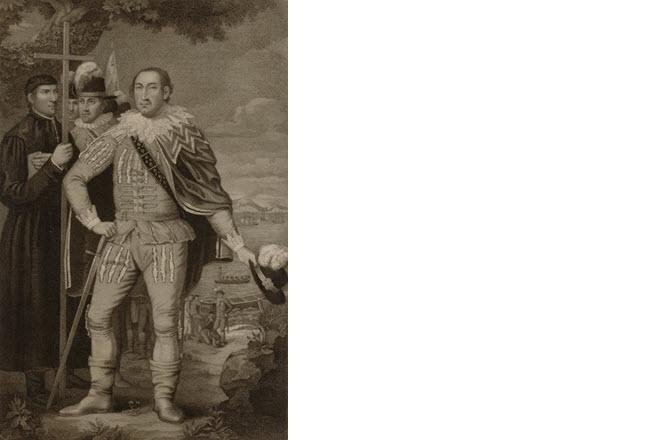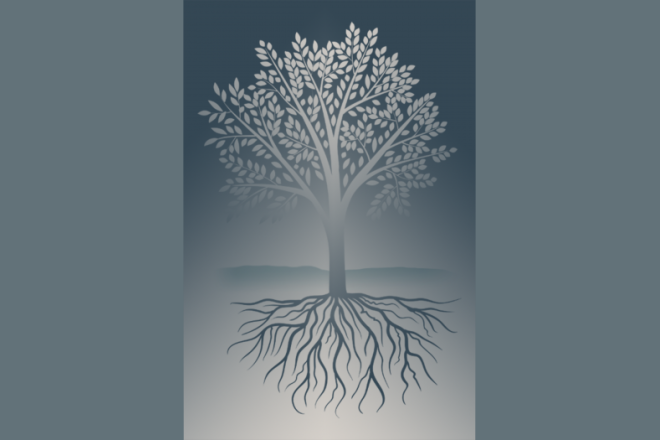Christopher Columbus: Commemoration and Controversy

Credit: Landing of Christopher Columbus by David Edwin. Smithsonian American Art Museum, Gift of International Business Machines Corporation, is licensed under CC0.
Resource Description
This module enables students to reflect critically and in an historically informed way on how Christopher Columbus has come to signify both belonging and exclusion in the United States. The two-week module explores four discrete themes: colonization, focusing on the four voyages and their immediate consequences; the mythical female figure of Columbia in the U.S.; the creation and circulation of Columbus as an Italian American icon; and the recent protests and debates concerning statues and other commemorative images and rituals. The material includes essays by historians and folklorists, journalistic coverage, Columbus’ own writings, sample protest petitions, and examples from popular culture. These resources offer perspectives on the protest movements of 2020 that brought to fore fundamental questions about America itself.
Learn moreThe Holocaust: Remembrance, Respect, and Resilience

Image adapted from "Tree Vector Black White" via Jing.fm, licensed under Creative Commons CC0.
Resource Description
The Holocaust is difficult to describe, hard to understand, and even more difficult to explain. It was a destructive series of events with many roots and branches, a catastrophic period of history with global and enduring consequences. Thus, the mass murder of European Jewish people is also or alternatively described by many in Hebrew as the Shoah or ‘Destruction’ by many organizations including Yad Vashem.
Learn more